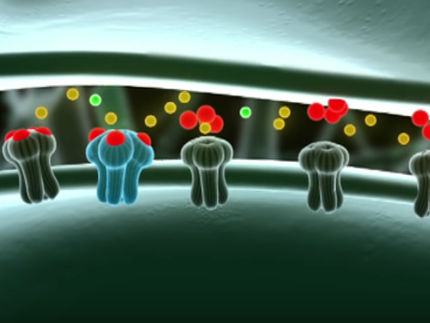Labopharm Reports Positive Results for Phase III Study on Once-daily Trazodone
Study Achieves Primary Efficacy Endpoint and Demonstrates Improved Quality of Sleep
Advertisement
Labopharm Inc. announced that its recently completed North American Phase III clinical trial for its once-daily formulation of the antidepressant trazodone (study 04ACL3-001) achieved statistical significance for the primary efficacy endpoint (p value of 0.0183). The study also demonstrated significantly improved patient sleep patterns in favour of trazodone. Labopharm plans to file a New Drug Application (NDA) for its once-daily formulation of trazodone with the U.S. food and Drug Administration later this year.
"The positive results of this study not only demonstrate the efficacy and safety of our once-daily formulation, but also the ability of our formulation to significantly improve the overall quality of sleep - there was significantly less awakening at night," said James R. Howard-Tripp, President and Chief Executive Officer, Labopharm Inc. "It is recognized that a major challenge in treating depression is having patients comply with taking their medication due to slow onset of action and exacerbation of sleep disturbance and agitation. As a result, a once-daily depression treatment that also reduces agitation and improves quality of sleep, thus reducing the need for add-on therapies, should be well positioned in the antidepressant marketplace. We believe that our once-daily trazodone formulation is such a treatment."
Trazodone is an atypical anti-depressant that acts as a dual serotonin agonist and serotonin reuptake inhibitor (SARI). Trazodone appears to increase serotonin activity via three mechanisms: the activation of neuronal serotonin receptors; the inhibition at the neuronal serotonin feedback system which regulates the action of serotonin; and the inhibition of the re-uptake of serotonin. Trazodone also helps to treat depression by improving sleep as a result of sedative effects caused by activation of histamine receptors and initiation and restoration of deep sleep cycles as a result of serotonin receptor activation. This may be of clinical benefit in depressed patients who have agitation, insomnia or poor sleep quality associated with their depression.



























































